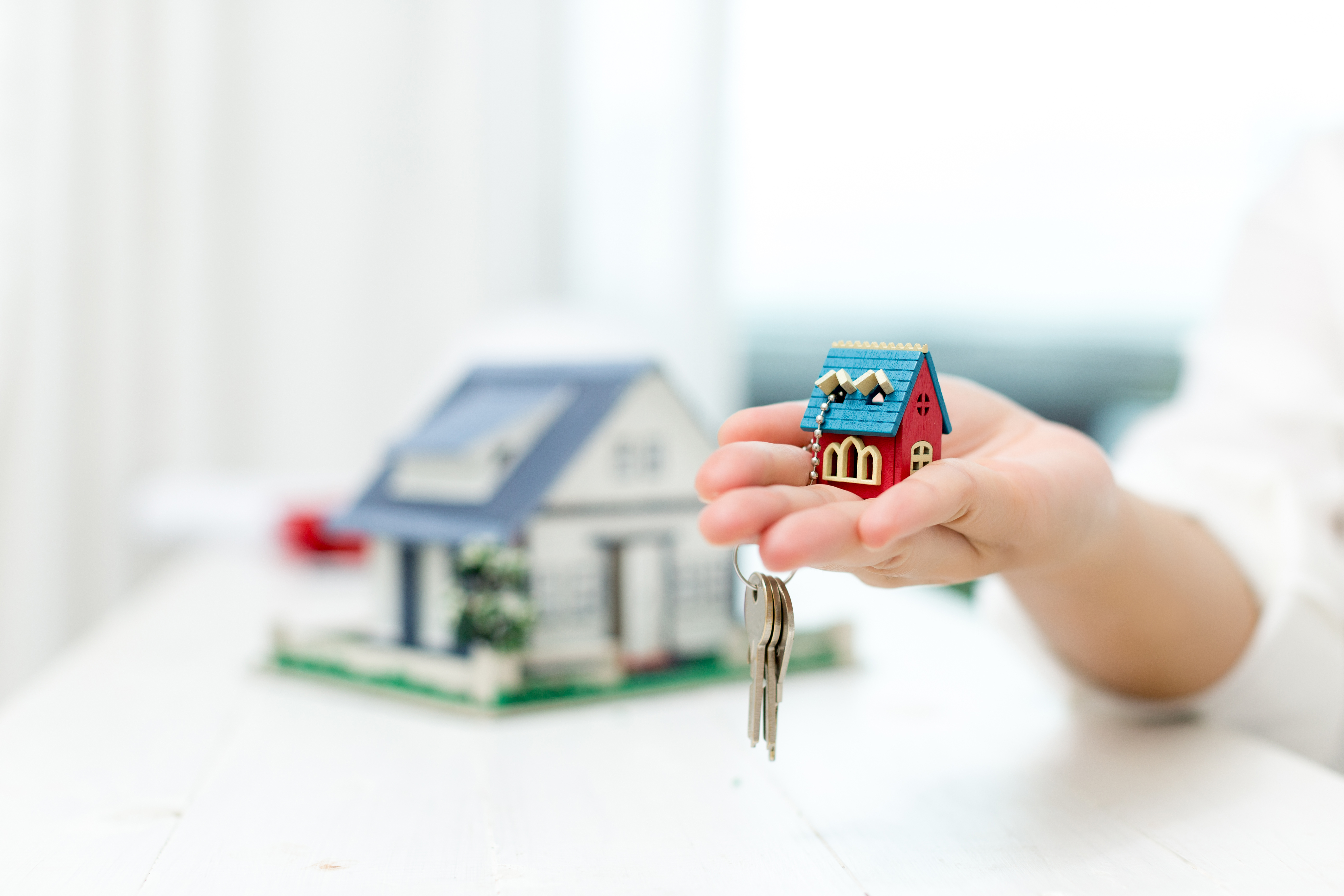
Isn’t buying a home the largest financial transaction after marriage? And with a
huge decision at hand, a First-Time Home buyer can feel at a loss. This
knowledge will empower our buyers to take the right decisions at the right time
with no hesitation as they will be fully prepared to indulge into the journey of
securing their “Home-Sweet-Home”.
Buying a home for the first time? These are the questions that may be swirling
in your mind :
- What is the size of the home I require?
- How do I plan my housing budget?
- Where should I buy my home?
- What should I look for in a suitable abode?
How big should my home be?
The trick here is to understand your FUTURE REQUIREMENT . We
must always find a
home for the long run. For instance, you might be single right now and looking
to buy a 1BHK, on the basis of your current requirement. But you need to
incorporate other factors such as a family you might start in your near future
or any other lifestyle changes that are predicted to happen.
It is equally imperative that we keep sight of our WANTs and NEEDs
and know the
difference between them. You may want to live in a penthouse, but practically,
you may not need it. Segregate your MUST HAVEs / NEEDs, MAYBEs and DON’T WANTs
and weigh your choices based on these factors.
What is my housing budget?
“तेते पाँव पसारिये जेती लंबी सौर”, also a popular idiom similar to “Cut one’s
coat according to one’s cloth” should ideally be the basis for such a dilemma.
The right question to ask here is "How much can I afford?” Most of us look for a
housing loan to fund our first buy.
There are three key cost components to your housing budget:
1. Standard additional expenses and closing cost
2. Down payment
3. Home loan
1. Standard additional expenses and closing cost:
The reason why this is stated before anything else is because it is an expense
which is routinely forgotten or not planned for by most buyers. Do consider
that, apart from the property’s cost, there are the miscellaneous costs that you
have to meet, like stamp duty & registration charges (normally 6.6% of the
property value), legal charges, moving expenses, expenses on minor aesthetic
changes, painting, and additional furniture.
Please keep a provision for up to 8-10% margin of the property cost for such
additional expenses. Also, remember that this will mostly not be financed with
your home loan banker.
2. Down payment:
Down payment is the amount that will be paid from your personal savings. Most
banks approve 80% of the property value towards a home loan for a flat/villa,
and hence you will have to fund at least 20% of the cost. It is always a good
idea to increase the down payment if you can afford it, to bring down your
monthly EMI.
3. Home loan:
Banks or financial institutions may pre-approve a certain amount based on your
current financials or credit score. The general tendency and common folly is to
utilize the entire sanctioned amount towards the purchase. You have to
understand however, that you must make a monthly payment (EMI) against the loan,
and also consider if you will be able to meet your regular monthly expenses
after paying the EMI.
Once again, it is prudent to remember the additional expenses that you will have
to incur after you buy the home - property tax, monthly maintenance fee to the
housing society in case of a flat, and the house’s interiors.
For example: You just got pre-approved for a 1 Cr loan with an EMI of Rs.
80,000/-. However, you are not able to allocate that much towards your EMI after
paying off monthly personal expenses. Typically, loan approved is for a higher
amount than what one can afford.
It is also advisable that you plan for unforeseen circumstances like a job loss.
It is good to have a backup contingency fund for at least six months (EMI
payments and household expenses together of 6 months), to help meet expenses
until you make alternative arrangements. Moreover, monthly rental expenses will
be saved if you purchase a home, so plan your budget according to this as well.
To summarize:
Total Cost =Cost of Property+10% (Misc.Expenses)+10% (Home Interiors)
Planned Budget=20% (Down Payment)+EMI-Monthly Rent (Saved)+20% (Misc.Expenses
and Home Interiors)
Unlock it with our KEY: Did you know that a builder charges way more than the
quoted price (including GST, car park, club house, etc)? Please reach out to us
for our KEY series document on Builder’s Hidden Expenses.